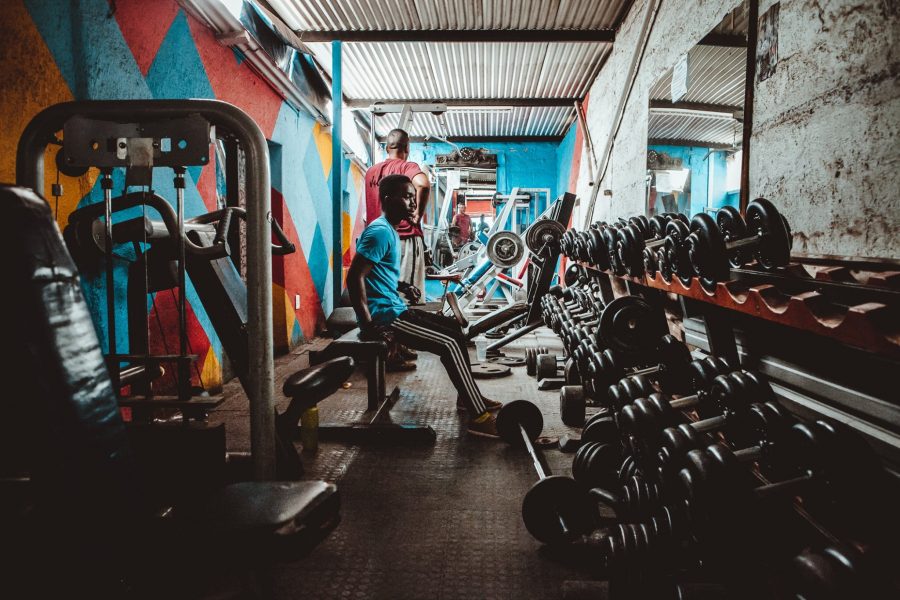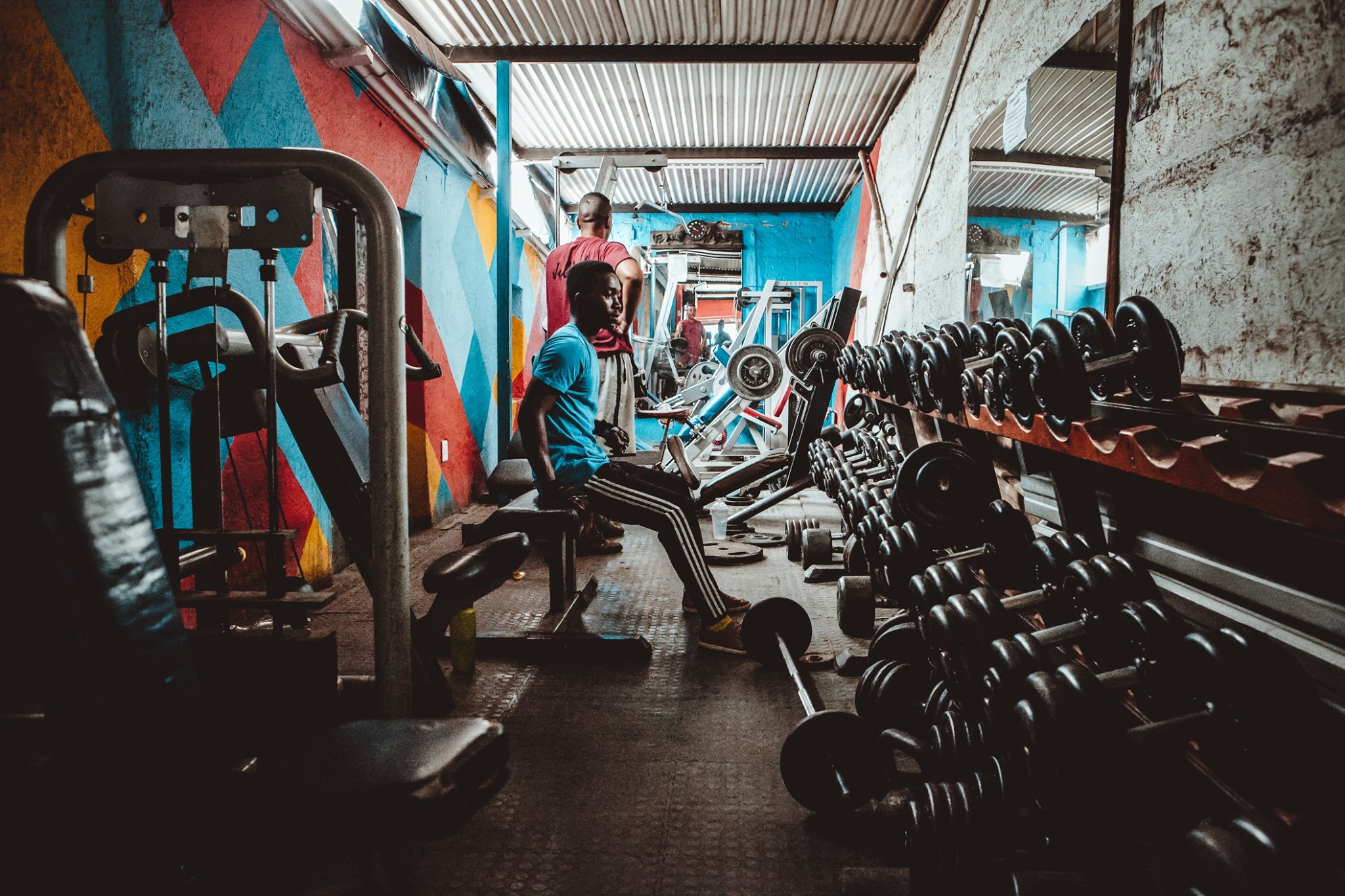
Common gym terms newbies need to know
Gym terms got you confused? Don’t stress – here is a quick guide to common gym terms to help you crush your workout!

If you are a newbie, you may find yourself overwhelmed by all the common gym terms. What do you do if someone asks you what your 1RM is? And why is everyone talking about DOMS? Whether you want to learn gym lingo to get started on your workouts or just to use the correct hashtags on social media, we are here to help! Here is a list of common terms you may have heard around the gym.
COMMON GYM TERMS EVERY NEWBIE SHOULD KNOW
The gym can be intimidating for newbies. Apart from learning new workouts, you also have to learn new gym terminology. Although the list is endless, here are some common gym terms to help you out:
GYM RAT
You probably saw this term trending on TikTok. A gym rat is someone who works out at the gym. This term is commonly used for people who are passionate about fitness, bodybuilding or weightlifting. They will also call themselves a ‘gym bro’ or a ‘gym queen’, depending on their preference.
REPS AND SETS
A rep refers to the number of repetitions you are doing per exercise. For example, you’ll do 10-12 reps of bicep curls. A set is the collection of your reps. For example, 3 sets of 10 reps will be a total of 30 reps.
ALSO READ: Just breathe: Six meditation styles for a peaceful mind
1RM
1RM stands for One-Rep Max. This will be the maximum amount of weight you can lift for one rep. You should be able to do the exercise with the correct technique throughout your 1RM. Once you can do more than 1 rep, you’ll have a new 1RM.
DOMS
Have you ever woken up sore after a workout? This is DOMs. It stands for Delayed Onset Muscle Soreness. You should feel this soreness around 24-72 hours after your workout. Don’t worry – this is normal especially if you’re starting a new exercise (or upping your current workout). If you have pain that is intense or lasts for more than a few days, it may be best to consult a doctor.
PROGRESSIVE OVERLOAD
You may have heard your trainer talking about progressively overloading your muscles. Progressive overload is a technique used to stimulate muscle growth. For progressive overload, you’ll need to use a weight that is challenging enough to work your muscles, without breaking your form. You can increase weights every week or add more sets/reps to achieve this.
SUPER SET
Want a real challenge? A superset is a combination of two exercises that target complementary muscle groups. Here you will alternate between the two exercises with no rest between. An example of a superset could be a dumbbell bench press and dumbbell rows.
ALSO READ: How to get fit on a budget: Five affordable exercise tips
DROP SET
A drop set is another technique used to challenge the muscles. With a drop set, you’ll perform a set until you can no longer do any more reps, then reduce the weight and continue your reps. It’s important to ensure that proper form is kept throughout your sets.
SPOTTER
A spotter is someone who will help you to perform exercises safely. They will “catch’ a weight or help you to put the weight back if you are struggling with a rep. Spotters are essential for heavier lifts but it is also good to have someone to help you out if you are a newbie.
BULKING AND CUTS
Bulking is the process that gym rats use to gain muscle mass. When you are in a bulking phase, you will consume more calories to put on muscle. A cutting phase is the opposite process. Here you will eat fewer calories to shed the body fat that you gained during a bulk.
ALSO READ: Mental health hacks from Jimmy Nevis and Lindo Buthelezi
PB
PB stands for personal best. It is the highest weight you have lifted for a particular exercise. A PB is used to track performance and is particularly important for those who enter fitness competitions. Your PB may be low as a newbie but you’ll see it soar with more workouts.
Starting a new workout or heading to the gym for the first time can be intimidating, but it’s important to remember you are not alone. Gyms have personal trainers and pro-lifters who are more than happy to help you out. If you are ever in doubt or want to learn more common gym terms, don’t be afraid to ask them for help.
